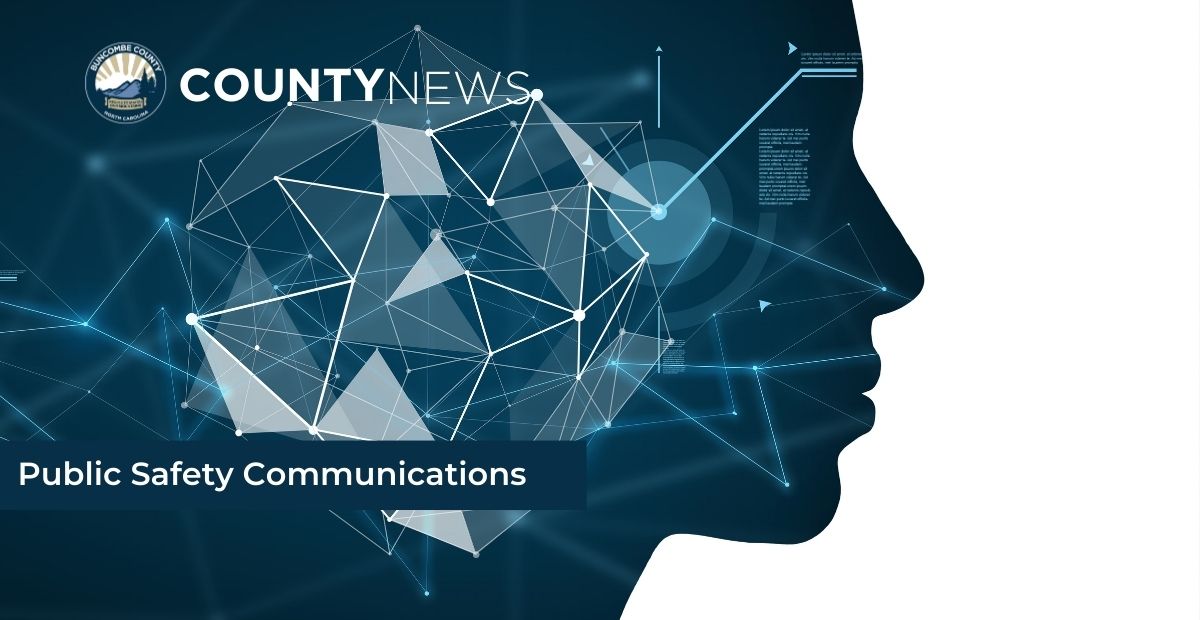
In a move that prioritizes and enhances emergency response, Buncombe County will begin transitioning non-emergency calls to machine learning technology. This innovative step aims to optimize resource allocation and streamline communication channels for residents so highly trained call-takers can prioritize emergency response.
The non-emergency lines moving to machine learning are:
- 252-1110 (Asheville Police Department non-emergency)
- 250-6670 (Buncombe County Sheriff’s Office non-emergency)
- 250-6650 (Emergency Management Services/fire non-emergency)
- 250-6690 (Department of Social Services after hours/weekend/holiday)
During the 30-day training that begins as soon as May 6, callers to non-emergency lines will ask their question to a machine, then be transferred to a live call-taker. Following the 30-day training, the machine will route non-emergency calls to the appropriate location for response. Callers who need police, fire, or medical will always be connected with a live call-taker, and calls to 911 will not go through machine learning.
"Around the nation, communication centers like ours receive hundreds of calls every day for emergencies but also non-emergencies," said Assistant County Manager DK Wesley. "Prior to using machine learning, our dispatchers were handling calls from people looking for directions to the Blue Ridge Parkway, reporting loud parties, or even checking to see when fireworks were scheduled. By diverting some of the more than 800 non-emergency calls per day to machine learning, our highly trained first responders can focus on emergencies when time is of the essence. This transition demonstrates our commitment to innovation and continuous improvement in serving the needs of our Buncombe residents. Of course, in an emergency, always call or text 911."
By harnessing the power of machine learning, the County aims to:
Enhance Response Efficiency: Machine learning algorithms can quickly categorize and prioritize non-emergency calls, enabling faster response times by dispatchers for critical incidents.
Improve Resource Allocation: By accurately assessing the nature of calls, resources can be allocated more effectively, ensuring that personnel and equipment are deployed where they are needed most.
Streamline Communication: Automated systems can provide timely updates and information to callers, reducing wait times and improving overall user experience.
While non-emergency calls will be handled by machine learning technology, emergency calls will continue to be directed to human responders for immediate assistance. Public safety remains the County's top priority, and this transition is designed to enhance efficiency without compromising the quality of service.
Important reminders:
- If you have an emergency, always call or text 911.
- When you call 911, do NOT hang up.
- If you accidentally call 911, do NOT hang up. Wait for a call-taker to answer and let them know it was an accidental dial.
- If you have an emergency, you will always speak to a live call-taker, even if you call a non-emergency line.